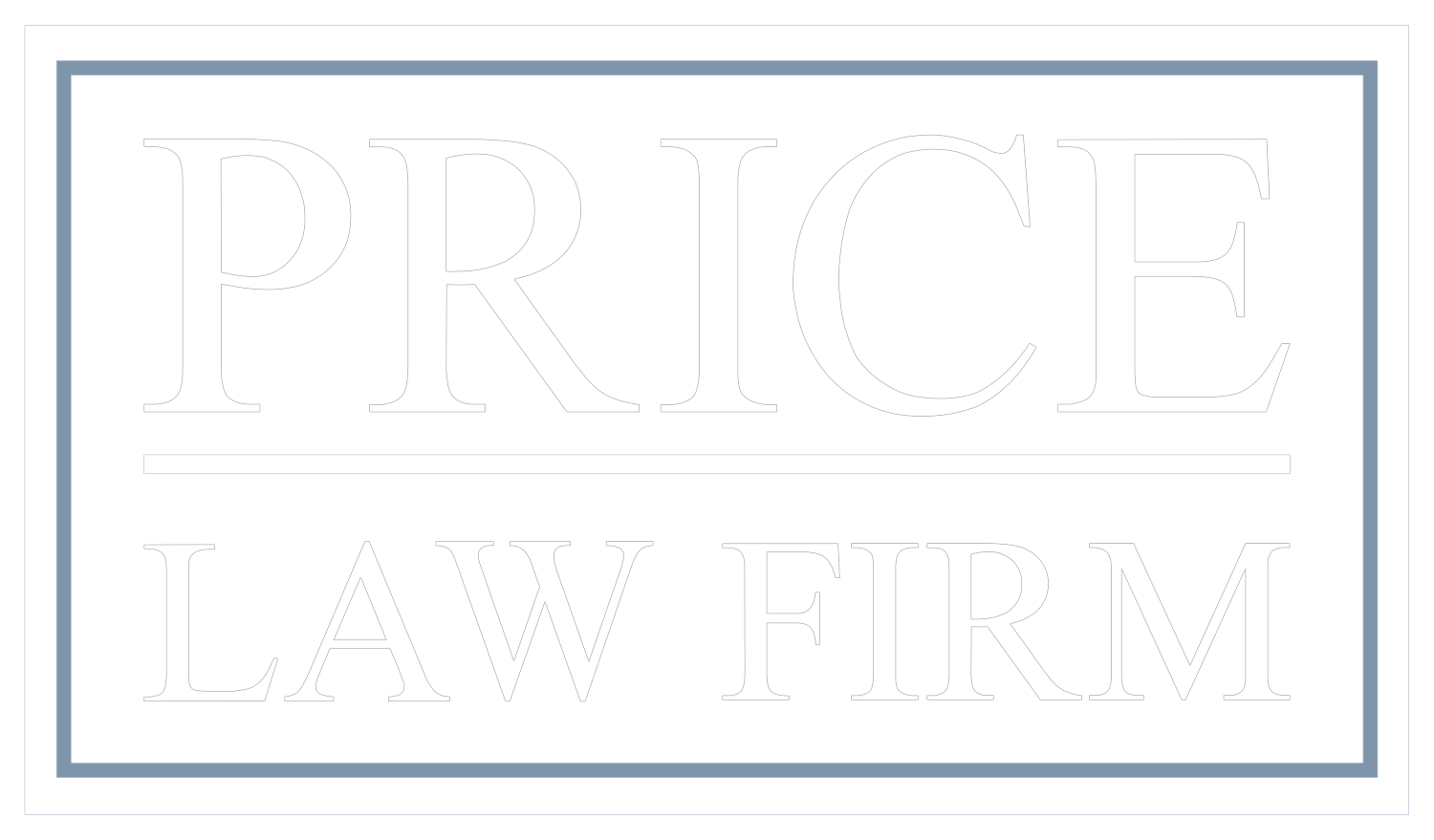
An Agreement to Opt Out of Rent Regulation is Unenforceable
The rent regulation system (both rent control and rent stabilization) is an albatross to landlords and as a result those landlords are often looking for any way to free themselves from the confinement of the regulatory system. For decades now, individual landlords have concocted schemes that resulted in agreements with their tenants where for some consideration tenants have agreed that their apartments will not be subject to rent regulation. In every instance, despite the fact that the tenant has received the benefit of the bargain, courts have held such agreements to be unenforceable and void as against public policy.
Extell Belnord v. Uppman
he latest such attempt that was reviewed by the Courts in New York came in the case of Extell Belnord v. Uppman, __ A.D.2d ___, ___ N.Y.S.3d ___ (1st Dept. November 19, 2013). There a landlord and a tenants’ association entered into an agreement resolving various disputes, including, the disputed rent regulation status of apartments in the building. In the agreement the previous owner acknowledged that the tenants were rent controlled. Twelve years later, the owner and the tenants’ association entered into a revised agreement which superseded the previous agreement. The revised agreement provided that the apartments of those tenants who signed the revised agreement were no longer subject to rent control. The agreement went on to provide that tenants who signed the revised agreement would receive new 49–year leases, with an option to continue as month-to-month tenants after the expiration of the 49–year term, with succession rights, as well as limits on annual increases in rents.
The owner and each tenant who signed the revised agreement were required to jointly submit a copy of the revised agreement to DHCR and request that the agency issue an order pertaining to the respective apartment that would serve to deregulate it. After receiving the order of deregulation each tenant was advised by DHCR of its right to appeal the determination of deregulation and that upon a failure to appeal that the determination would be a final non-appealable order.
The tenant in the Uppman case enjoyed the benefit of this bargain until the tenant began to suffer from a terminal disease. The tenant was moved to an out-of-state nursing home and the landlord sought to evict the tenant and the tenant’s grandson from the apartment based upon non-primary residence.
The grandson defended the lawsuit by seeking a determination that the revised agreement was void as against public policy because it required tenants to waive the benefits of rent regulation. The Appellate Division left the determination of the grandson’s succession rights to the trial court on remand but made clear that any agreement that would operate to remove an apartment from rent regulation is void. It held:
“Even an agreement that modifies the rent laws in a manner favorable to the tenant is of no effect (citation omitted). The new agreement does not merely modify the rent regulations; it declares them inapplicable to the apartment. Without question, then, the new agreement is void.”
Extell, supra.
The import of this case is that it affirms a principle not soon to go away – A landlord and a tenant cannot agree to rid themselves of rent regulation.
Don’t leave your legal matters to chance. SCHEDULE A CONSULTATION OR CALL US AT (212) 675-1125 for a personalized consultation and let our experts guide you through every step of the process.
Joshua Clinton Price
Founder of The Price Law Firm LLC
Josh Price is a lawyer who is sought by clients with complicated cases because of his extensive knowledge of the law and his ability to help the law evolve.
Search an article
Contact Us for a
FREE Consultation
Blog (Website Form)

Facing a real estate issue?
Contact us to schedule a consultation and get expert legal advice tailored to your specific needs and circumstances.
OR CALL US NOW AT:
SHARE THIS ARTICLE:
Recent Posts
Get Expert Legal Advice











